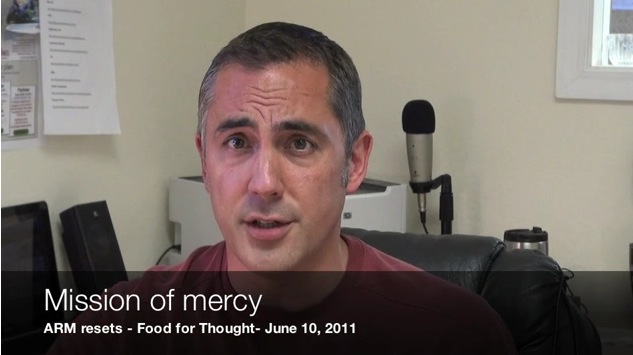The Wall Street Journal recently reported that more homeowners are once again tapping into their home equity. As home values recover and interest rates remain artificially low many are beginning to take out HELOCs or Home Equity Lines of Credit to fund home renovations, pay off higher interest rate debts or cover other expenses.
Continue readingThe truth about relocating: Marketing to the mature homeowner part 4
“When I retire I plan on moving to a smaller home.”
“When I retire I’ll relocate to be closer to the kids.”
Although people may make similar statements in middle age, the reality is quite different. One study found the general move rate for seniors aged 55-64 to be just 7.4 percent per year. Clearly, while the idea of relocating to a senior-centric area (such as Florida) or to be nearer adult children might appeal, the pull of the home where they’ve raised those children, built a life, entertained their friends, and created a lifetime of memories is often stronger.
This is a boon for reverse mortgage professionals, who can help people avoid having to sell their memories (i.e., their home) in order to generate sufficient cash flow for their golden years.
There are emotional and logistical issues to moving and/or downsizing, as well as financial considerations. For some people, moving makes a lot of sense: the house is just too big, or their health isn’t up to caring for it. For the vast majority, however, aging in place (see our series on mature homeowners) is the keynote for savvy seniors, thus making them ideal reverse mortgage leads.
To better understand your target market, consider that leaving their long-term homestead means:
- Emotional upheaval. Their house holds a lifetime of memories, as does the neighborhood. They’ve built relationships with everyone from the grocer to the librarian to their auto mechanic; it can be as difficult to let go of these peripheral connections as it is to say goodbye to cherished friends.
- Relinquishing friendships. It’s harder to meet and form new friendships as we age, partly because we don’t have the built-in people access we did when we were younger (through school, work, civic and community activities, health clubs, etc). Some seniors may have decades-long friendships in the town where they’ve lived all their adult lives; losing these friends at this life stage could precipitate depression.
- Logistics. Not only does relocation — especially to a smaller dwelling — necessitate selling, storing, or giving away precious possessions (a huge task in itself), there’s also the matter of adjusting to a whole new area, and choosing a new doctor, dentist, hairdresser, grocery store, etc. Many people can find these tasks daunting, depending on their age, mobility and overall health.
Thus, in marketing reverse mortgages to the mature homeowner, it’s wise to recognize and acknowledge their choice to stay put, for all these reasons and more. Your reverse mortgage prospects will feel validated in their decision — especially knowing that the equity in their beloved home can help support them as they grow older.
Friday’s Food for Thought: Mission of Mercy
[vimeo id=”24932456″ width=”601″ height=”338″]
A reverse mortgage news commentary on a mission of mercy for senior homeowners.

